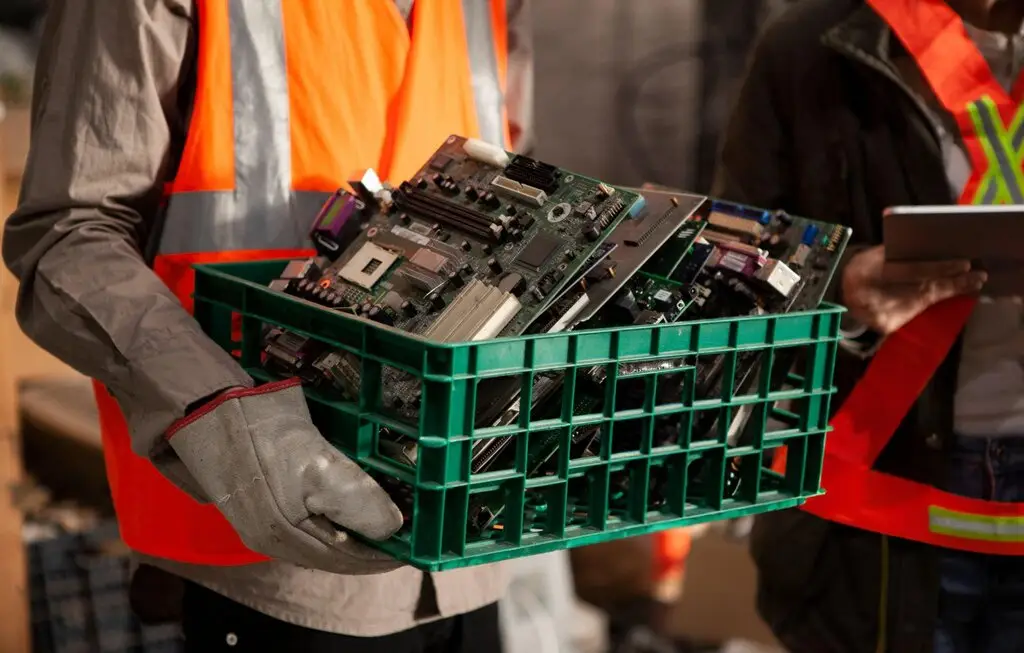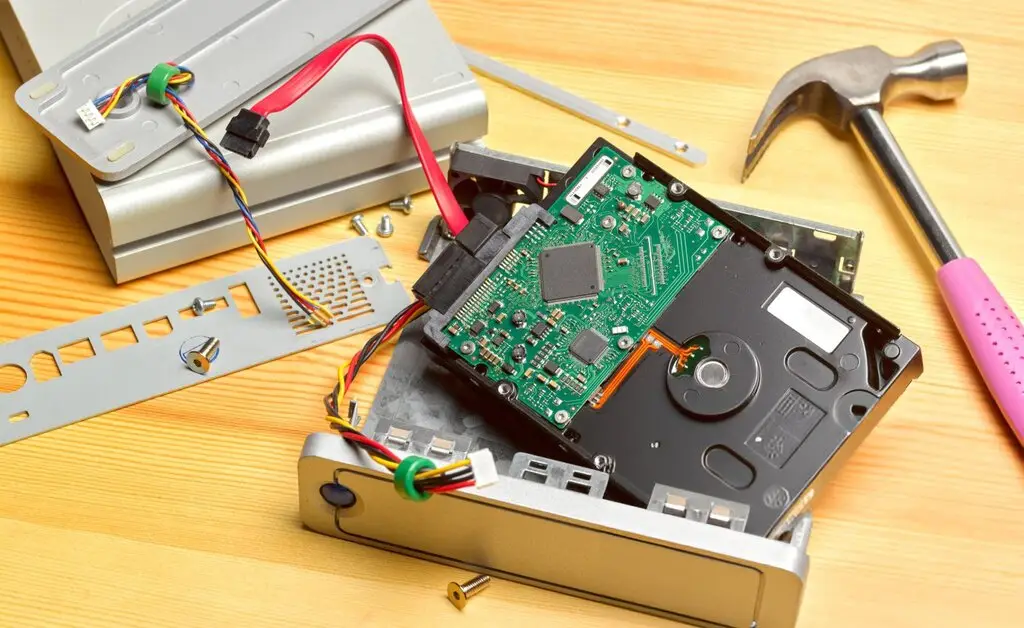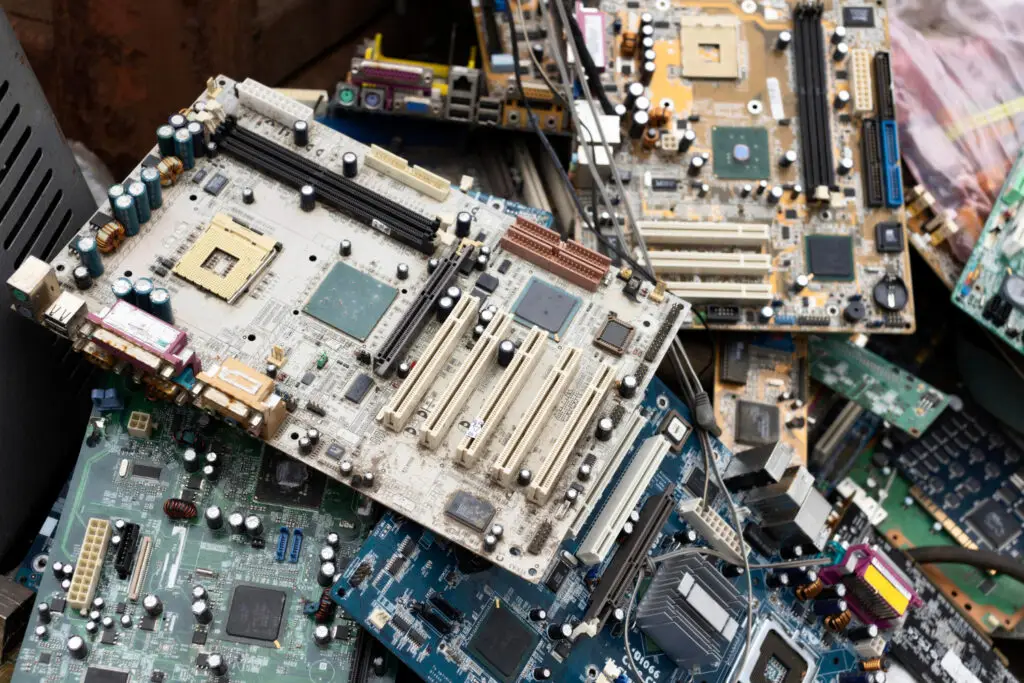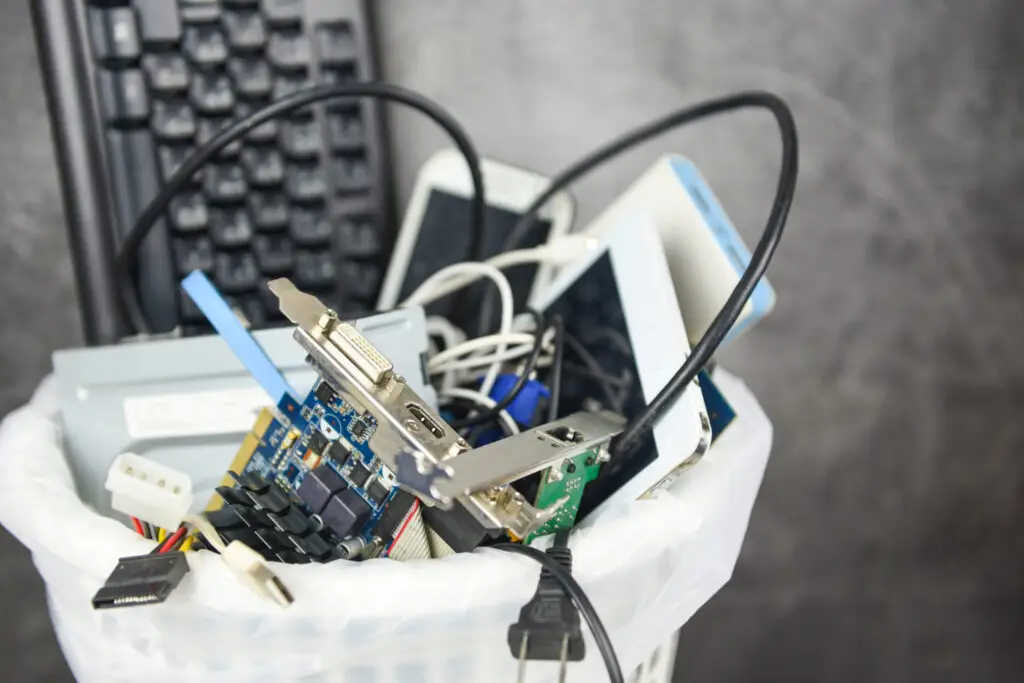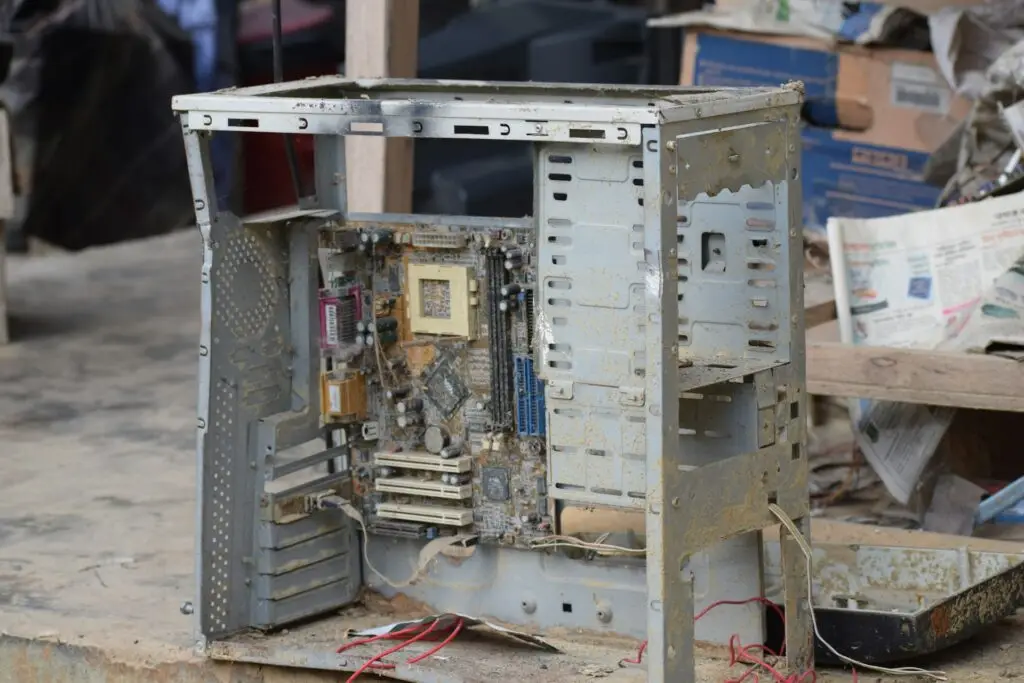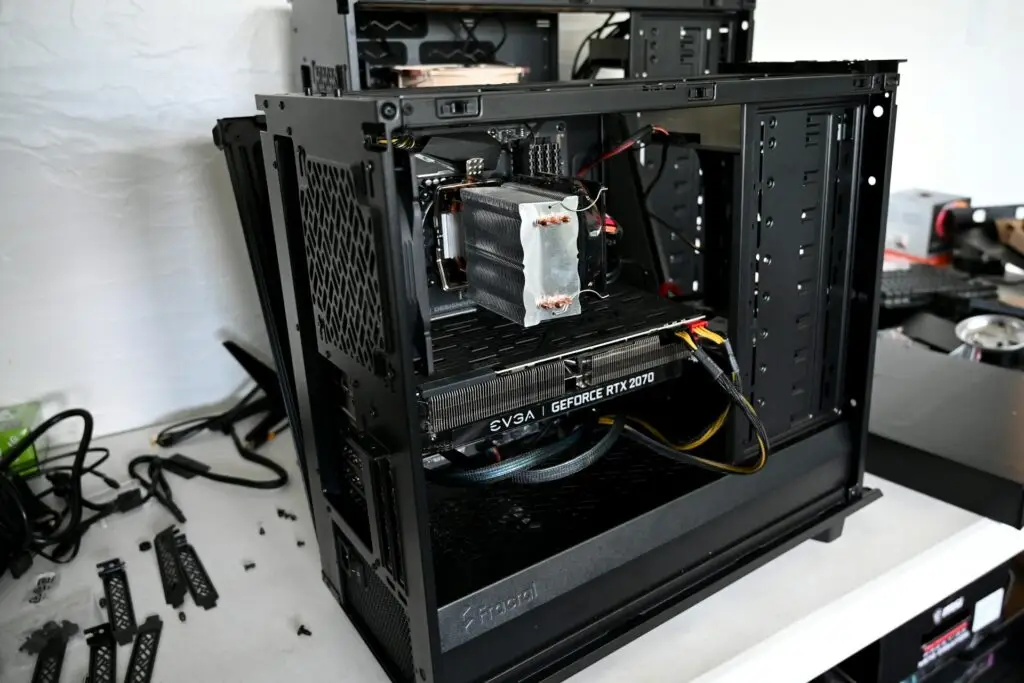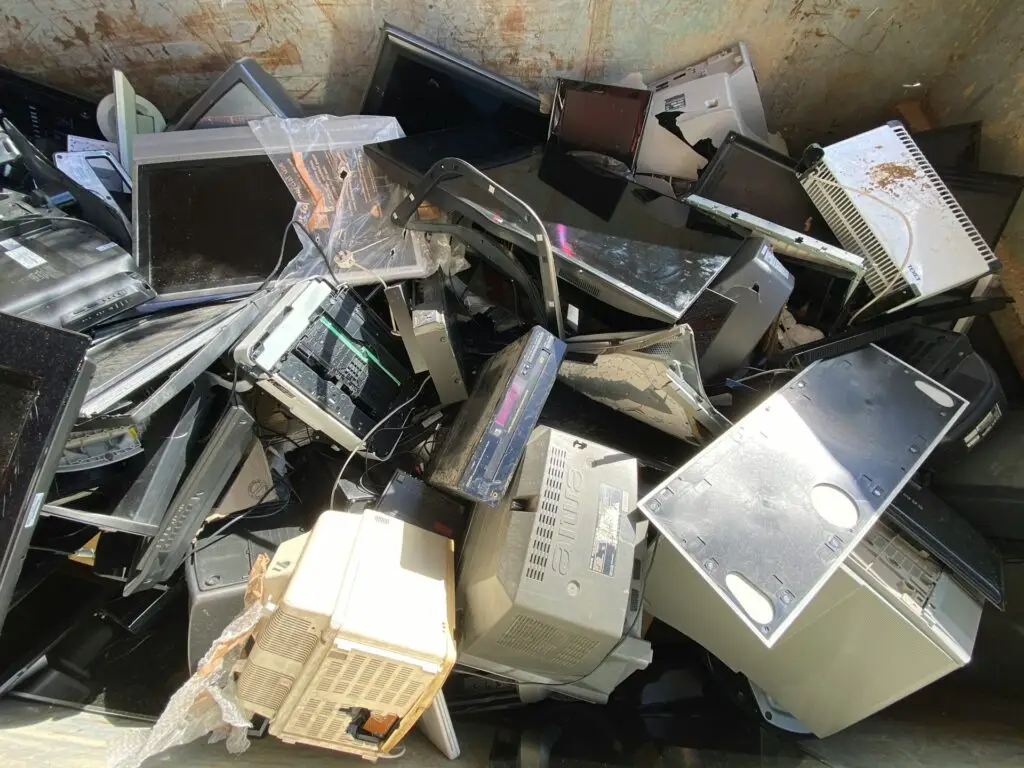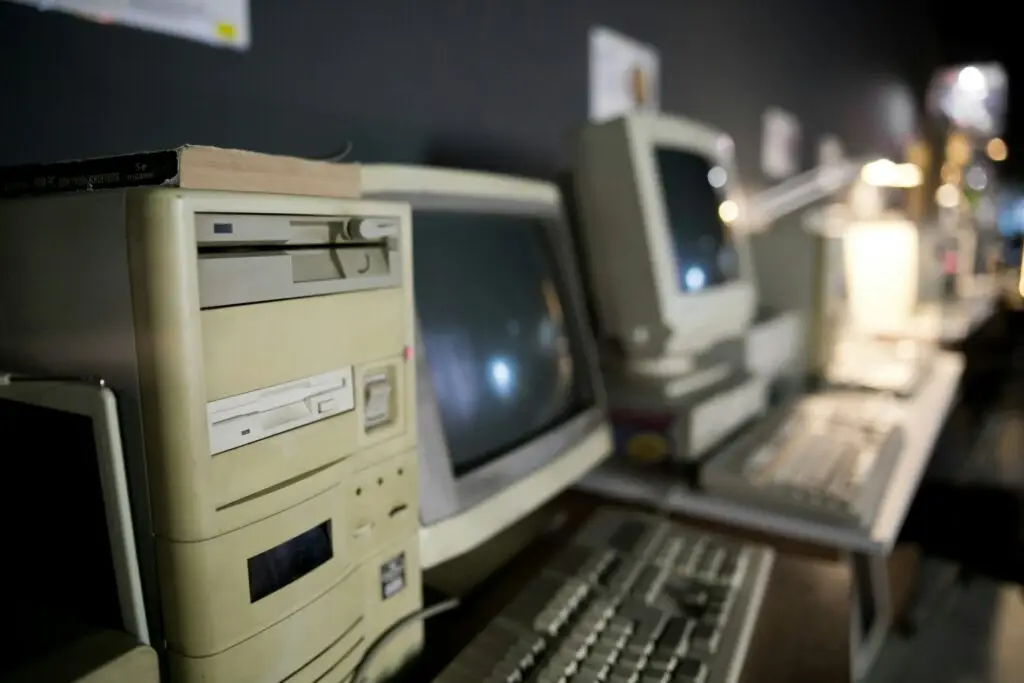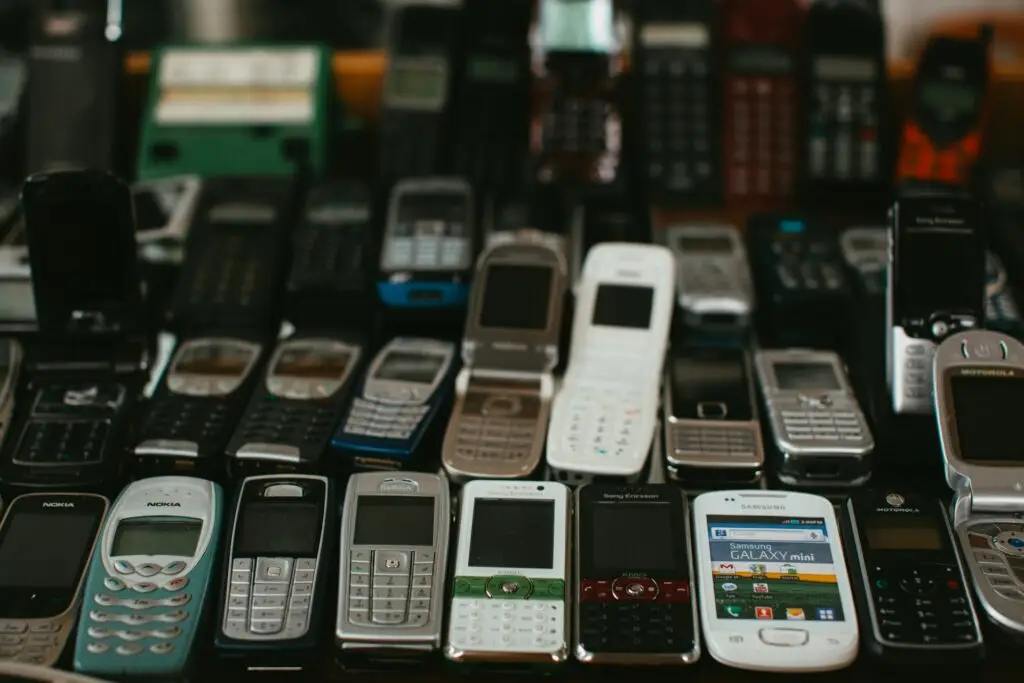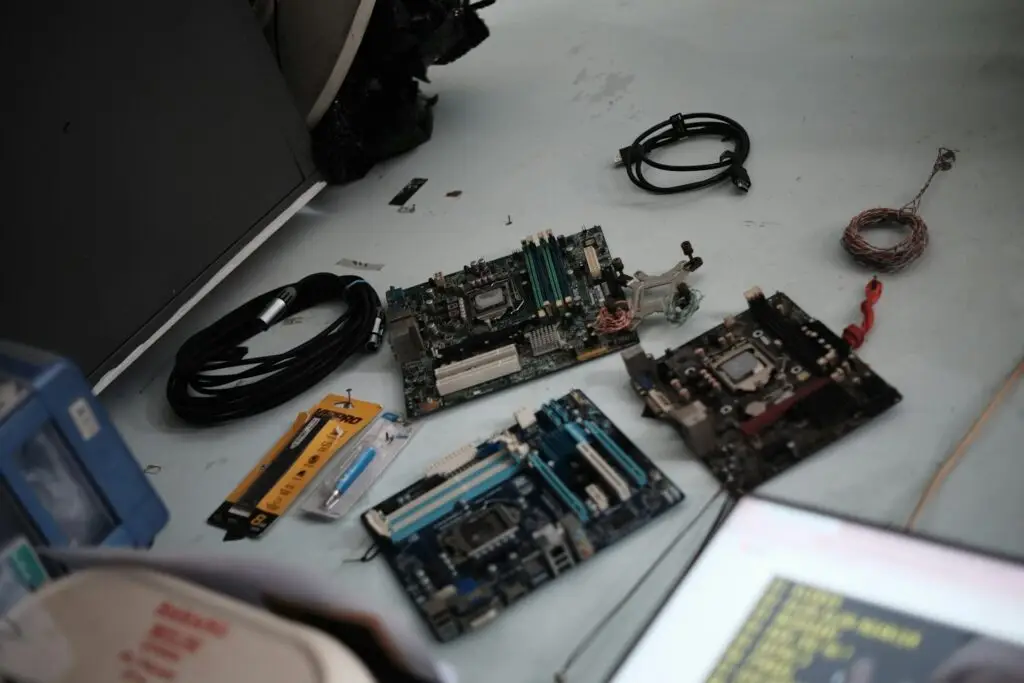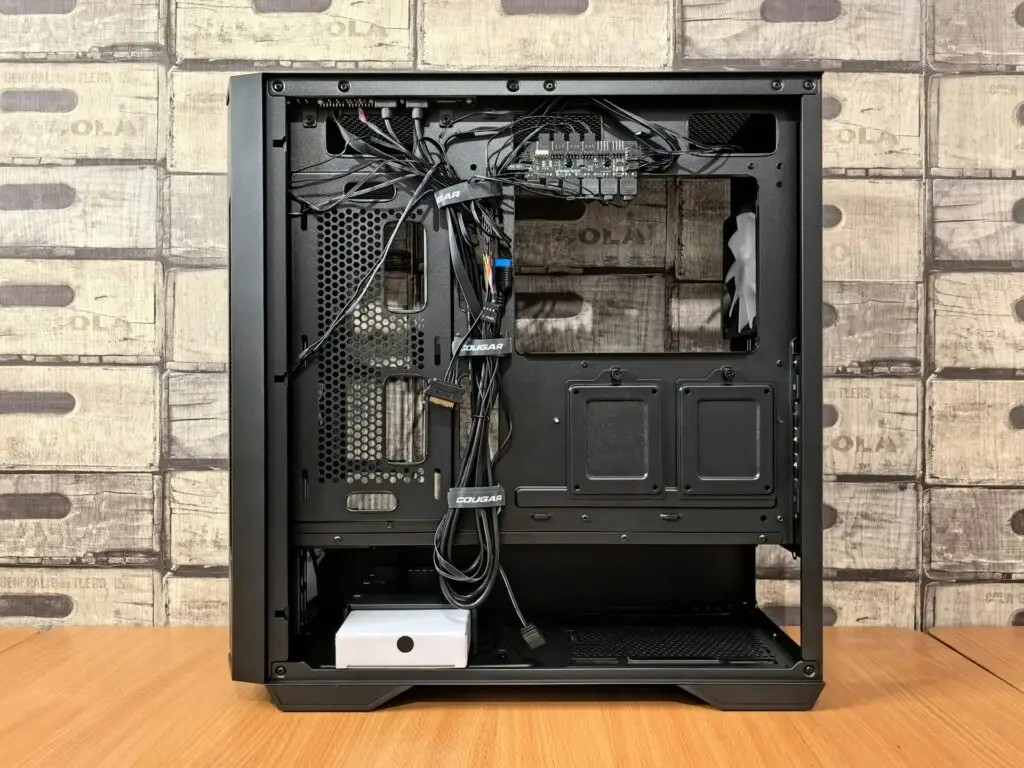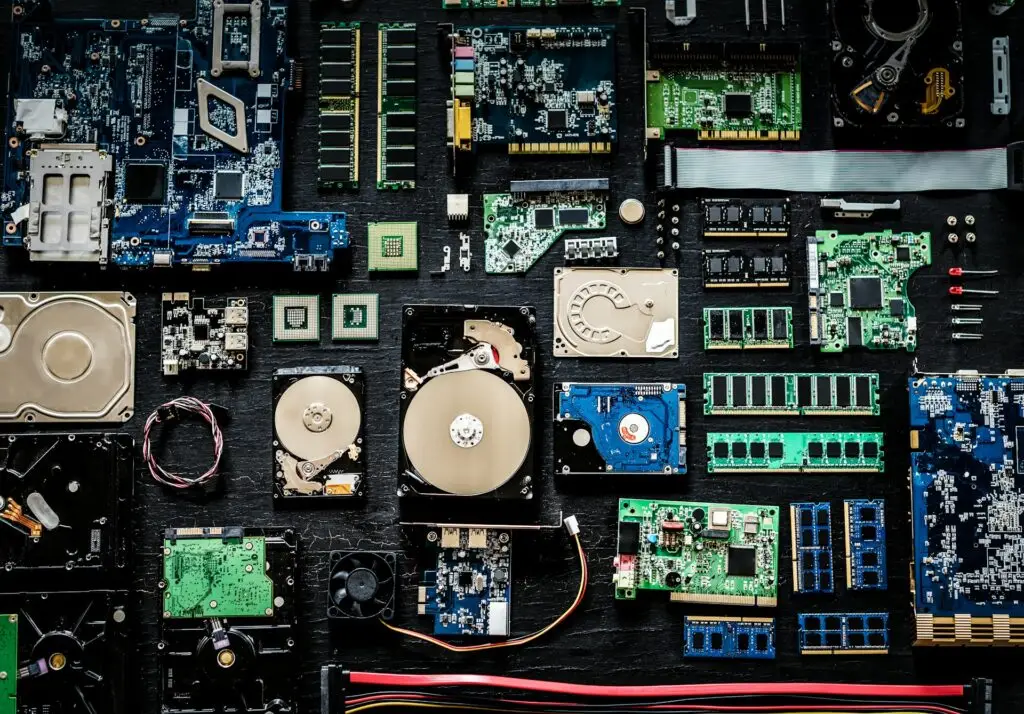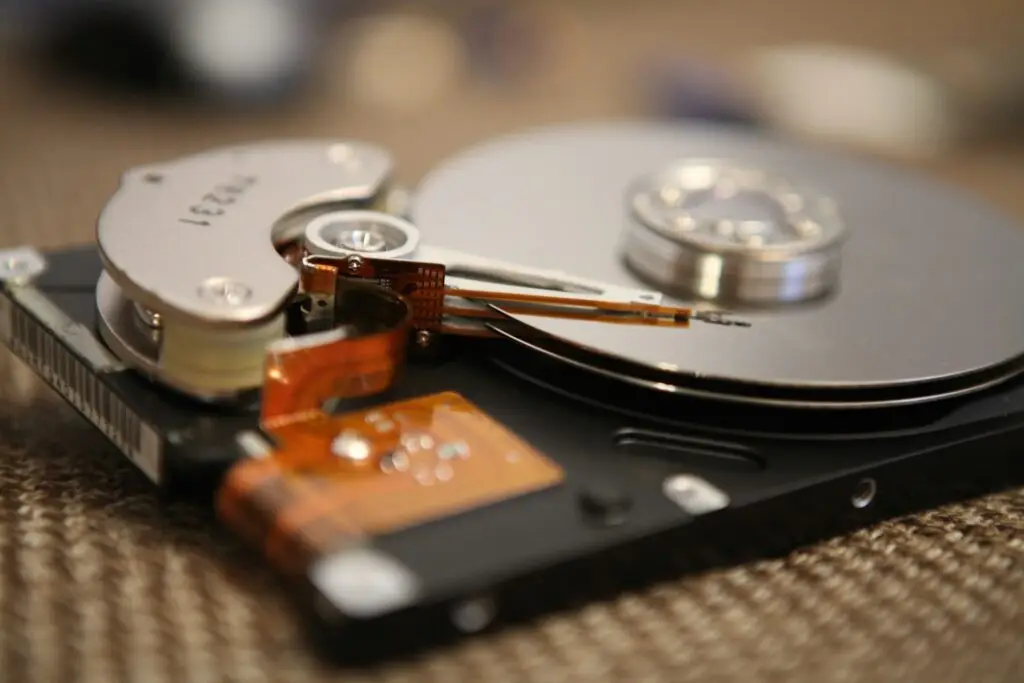As organizations become increasingly dependent on technology, sensitive data accumulates on various electronic devices such as computers, smartphones, and servers. Consequently, the proper disposal and recycling of end-of-life electronic devices are vital to prevent data breaches and maintain compliance with data privacy regulations. While e-waste recycling addresses the need for environmental protection, secure data destruction ensures sensitive information is permanently eliminated from discarded devices. In this article, we will explore the role of secure data destruction in e-waste recycling, highlighting the risks associated with improper disposal, data breach implications, regulatory compliance, and the effective solutions provided by ReWorx Recycling.
For over a decade, ReWorx Recycling has dedicated its efforts to providing businesses with environmentally friendly disposal solutions for end-of-life and surplus computer equipment. Their scope of services includes Global IT Asset Disposition, E-Waste Recycling, Secure Data Destruction, Hard Drive Shredding, Equipment Destruction, and Reverse Logistics. By partnering with ReWorx Recycling, companies can trust that their e-waste recycling and data destruction needs will be handled responsibly and sustainably, maintaining compliance and promoting environmentally friendly best practices.
In the following sections, we will discuss the significance of secure data destruction in e-waste recycling in greater depth. By diving into various data security challenges, the direct and indirect risks of inadequate data destruction, legal compliance issues, and the necessities of preventative actions, we aim to demonstrate the value of comprehensive, secure disposal services. We will also showcase how ReWorx Recycling’s expertise and structured approach help businesses maintain data security while emphasizing responsible e-waste management practices.
Data security is crucial in the current landscape where cyber threats and data privacy concerns are on the rise. By understanding the intricacies of secure data destruction in the context of e-waste recycling, businesses can build a solid foundation for the responsible handling of electronics and data while working towards a sustainable future. Read on to learn how ReWorx Recycling supports businesses in navigating these complex challenges to help reduce their impact on the environment and ensure the protection of sensitive information.
The Challenges of Data Security in Disposing of Electronic Devices
When disposing of electronic devices, one of the primary concerns is ensuring that sensitive data is effectively wiped or destroyed to eliminate the risk of data breaches or unauthorized access. Merely deleting files or reformatting hard drives does not guarantee complete data removal, leaving potentially sensitive information vulnerable to retrieval.
Simultaneously, the exponential increase in electronic waste has led to severe environmental consequences, as e-waste often contains hazardous materials that can contaminate soil, water, and air if not disposed of correctly. Consequently, businesses now face the dual challenge of safeguarding sensitive data while disposing of electronic devices in an environmentally responsible manner.
Risks and Implications of Inadequate Data Destruction
The improper handling of sensitive data stored on end-of-life electronic devices can lead to severe repercussions for businesses. Some of the potential negative outcomes include:
1. Data Breaches: Inadequately destroyed data can fall into the wrong hands, resulting in data breaches that could jeopardize customer and employee information, as well as other sensitive company data.
2. Legal Consequences: Organizations may face legal liabilities for failing to comply with data protection and privacy laws, such as the General Data Protection Regulation (GDPR) or the Health Insurance Portability and Accountability Act (HIPAA).
3. Reputational Harm: Data breaches and noncompliance with regulatory requirements can damage a company’s reputation, undermining customer trust and potentially leading to a loss of business.
Defining Secure Data Destruction in the Context of E-Waste Recycling
Secure data destruction ensures that sensitive information stored on electronic devices is permanently removed or destroyed, preventing unauthorized access or retrieval. When electronic devices reach the end of their useful life, it is crucial to incorporate secure data destruction into the disposal process to protect sensitive information. By integrating secure data destruction practices with e-waste recycling, businesses can ensure that electronics are disposed of both safely and sustainably.
How ReWorx Recycling Addresses Data Security and E-Waste Management
Comprehensive and Secure Data Destruction Services
ReWorx Recycling specializes in providing secure and compliant data destruction solutions to organizations as part of their end-of-life electronics disposal services. They employ thorough processes like Hard Drive Shredding and Equipment Destruction, which physically destroy the data storage mediums beyond recovery, ensuring complete data protection.
Compliance with Data Privacy Regulations and Certifications
ReWorx Recycling takes data protection seriously and actively adheres to industry standards, best practices, and relevant data privacy regulations. Compliance with these guidelines ensures that sensitive information is handled responsibly and in accordance with established criteria, minimizing the risk to businesses and protecting customer privacy.
Environmentally Responsible E-Waste Recycling
In addition to secure data destruction, ReWorx Recycling is passionate about reducing the environmental impact of electronic waste. By utilizing environmentally friendly disposal methods, they ensure that e-waste recycling processes are sustainable and ecologically responsible. This approach not only safeguards sensitive information but also preserves valuable natural resources and prevents the harmful effects of improper disposal.
Steps Businesses Can Take to Strengthen Their Data Security and E-Waste Management Practices
Conduct Regular Data Audits and Updates
Organizations should periodically assess their data management strategies, evaluating the security of sensitive information and updating protocols when necessary. This may involve upgrading software, implementing stronger access controls, and enforcing data protection training for employees.
Dispose of Outdated Electronics Responsibly
Businesses should create a plan for responsibly disposing of electronic devices and hardware that are no longer in use. This includes ensuring devices are wiped of data and disposed of through environmentally friendly processes like e-waste recycling.
Partner with Trusted Data Destruction and E-Waste Management Providers
Organizations should work with reputable service providers like ReWorx Recycling, specializing in secure data destruction and e-waste recycling. This partnership ensures sensitive information is properly destroyed while supporting environmentally friendly disposal practices.
Conclusion
The intersection of secure data destruction and e-waste recycling has become an increasingly critical concern for businesses seeking to protect sensitive information while promoting ecological responsibility. Understanding the importance of comprehensive, secure data destruction within e-waste management processes is crucial for safeguarding customer privacy, supporting environmental sustainability, and maintaining regulatory compliance. By partnering with industry experts like ReWorx Recycling, organizations can ensure their data security and e-waste recycling needs are met in a reliable, responsible, and environmentally friendly manner. Reach out to ReWorx Recycling today to explore their range of services and demonstrate your commitment to data protection and environmental conservation.


